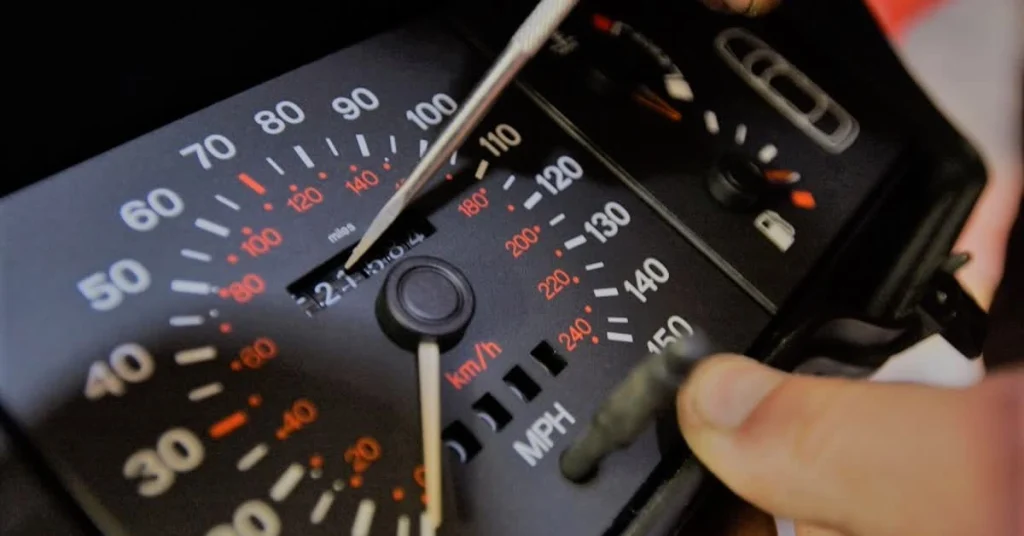‘Mileage Discrepancy’, but what does it actually mean?
A mileage discrepancy happens when the miles displayed on the car’s speedometer don’t match what’s recorded on the National Mileage Register or other records e.g an MOT test. This difference could be a sign that the cars mileage may have been tampered with .
1 in 11 cars checked by HPI had a mileage discrepancy in 2020. So, no matter what kind of used car you’re looking to buy – whether it’s Ford Fiesta, a BMW 3 Series or a Volkswagen Golf – That’s a worrying increase of 45% in the past five years and the highest levels of fraud that the motoring industry has ever seen, make sure you look out for mileage scams!
The problem is getting worse year on year and, for anyone in the market buying a used car, it can have serious implications for both finances and safety behind the wheel.
As one of the UK’s leading authorities on vehicle checking services, HPI estimates the practice of mileage tampering often known as ‘clocking’ is costing motorists over £800 million every year.
It is illegal to sell a clocked car without declaring its genuine mileage, but what may come as a surprise to most people is that the act of altering the car’s odometer is not an offence. The illegal practice of clocking takes place when drivers look to deliberately defraud second-hand car buyers when the vehicle is sold on.
How do you calculate mileage discrepancy?
To check any discrepancies, you’ll want to get evidence that backs up the vehicle’s actual mileage, whether from the Service History, MOTs, other documentation, or even via previous owners listed on the V5C. If the information from these sources doesn’t match the odometer or something else feels dodgy, it’s time to walk away.
Can you sell a car with mileage discrepancy?
While the actual act of messing with the odometer isn’t against the law, it is illegal for anyone to sell a car knowing it has been clocked in the UK, without letting the buyer know its real mileage.
Again, if you notice any discrepancies, it’s best to step away from the sale to avoid getting into a sticky situation.
Can I change mileage on the National Mileage Register?
Yes and no. To make sure car buyers and sellers are protected, you need to submit proof to actually change a car’s mileage. For example, if you think a car’s previous mileage has been wrongly recorded, you’ll have to provide written evidence – like Service History information or details from an MOT mileage check – that proves the old reading is wrong. Once you’ve submitted your evidence, the NMR will evaluate it and update or change the mileage as needed.
Conclusion
Although every effort can be made to try and find a discrepancy in the mileage of a vehicle, it becomes very hard to do if the mileage is not being turned back. with mileage blockers they prevent the mileage being added so this will never show on mileage registers or MOTs as there is no trace of the added mileage.



Leave a Reply